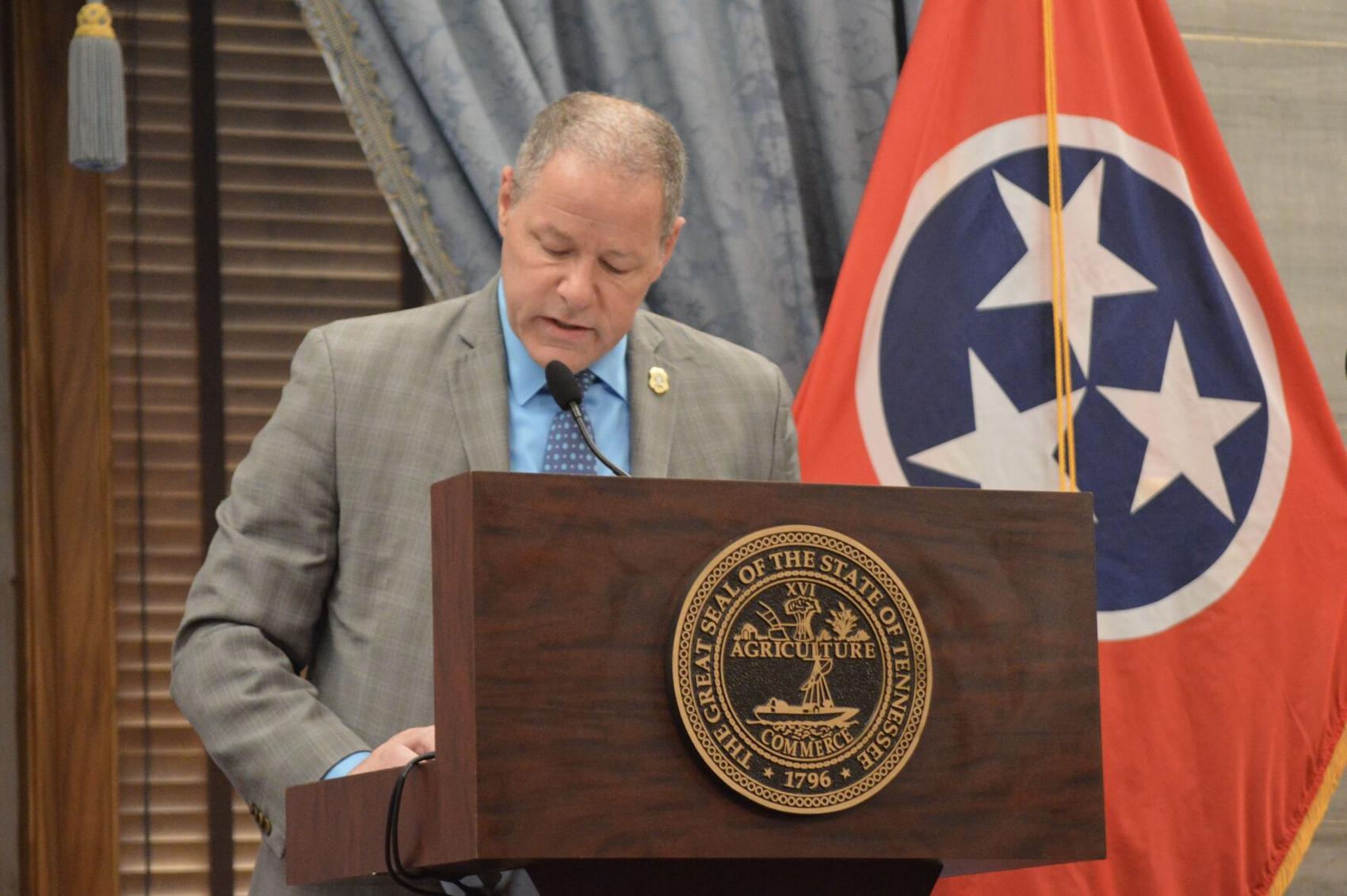The Center Square [By Vivian Jones] –
In response to recommendations from a law enforcement task force appointed by Gov. Bill Lee in July, nearly 90 percent of Tennessee’s 400 law enforcement agencies have reviewed and amended their use-of-force policies to comply with new state standards.
Lee and leaders of Tennessee’s Law Enforcement Reform Partnership Task Force announced enhanced policies for law enforcement agencies Thursday to prevent improper use of force and related misconduct, prevent bad actors from being hired and increase officer training in de-escalation and use of force.
“This is an unprecedented effort. No other state has done this,” Tennessee Bureau of Investigation Director David Rausch said. “We are moving in Tennessee in the right direction – quicker, quite frankly, than every state in the union.”
Rausch, who was appointed by U.S. Attorney General William Barr last year to serve on the Presidential Commission on Law Enforcement and Administration of Justice, said the standards were determined in consultation with the attorney general’s office, and informed by forthcoming national standards, which soon will be released by the U.S. Department of Justice. Rausch said Tennessee’s new standards meet or exceed the forthcoming national standards.
“We also have been watching closely on the federal level,” Rausch said. “We’ve been working very closely with the AG’s office and with the (Presidential) Commission, and so that’s how we’re aware, obviously, a little bit of an insider understanding of what’s coming … of what the standards are that they’re getting ready to put in place.”
Under Tennessee’s reformed standards, the minimum required training hours for new officers at the Tennessee Law Enforcement Training Academy will be increased from 400 hours to 488 hours. Sixteen of those hours will be required training on proper use of force, interaction with public assemblies and interaction with the local community.
“We want to ensure that all Tennessee’s law enforcement officers continue to receive the best training and standards, so that we can respond to the evolving needs of law enforcement and in our communities,” Commerce and Insurance Commissioner Hodgen Mainda said.
Officers will be required to complete 10 hours of annual in-service training on de-escalation techniques and duty to intervene, public assembly and community interaction and community immersion techniques.
The partnership’s recommendations also expand information sharing among law enforcement agencies in Tennessee.
“As we have witnessed, each critical policy violation by a police officer has the potential to do lasting damage to individuals to a community and to an entire nation: every incident erodes police credibility,” Safety and Homeland Security Commissioner Jeff Long said.
Long noted officers involved in use-of-force fatalities often have had previous disciplinary actions or even firings on their record.
“The idea that problem offers are still on the job is very concerning to all of us,” Long said.
In response to recommendations from the partnership, every law enforcement agency in the state will have access to a national index to report officers terminated or resigned in lieu of termination. CEOs of agencies will be required to certify the reason for the officer leaving their position.
“Our criminal justice system isn’t afraid to take a hard look at themselves … to provide liberty and justice for every Tennessee and through law enforcement,” Lee said.


